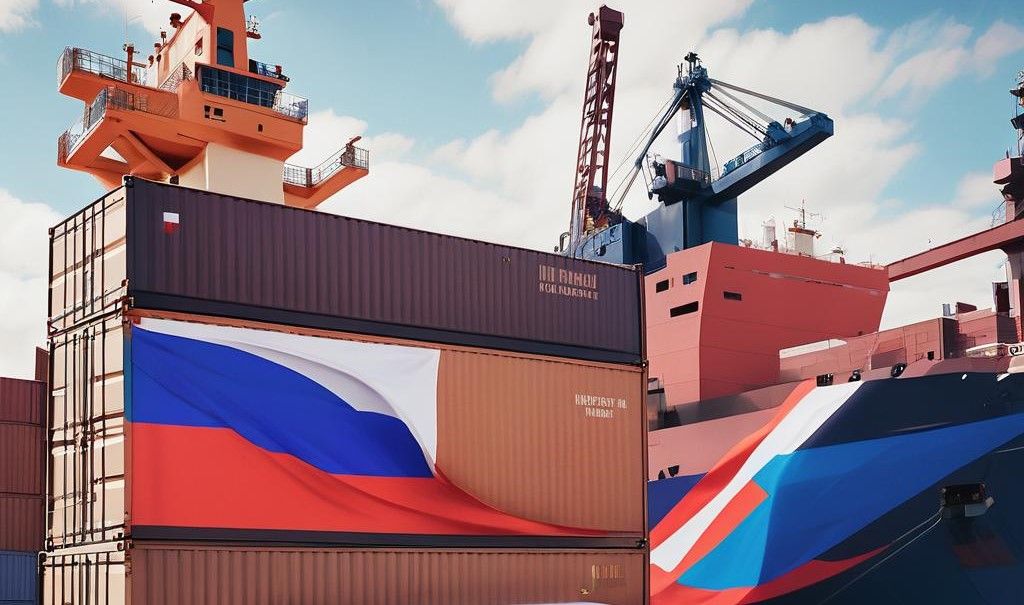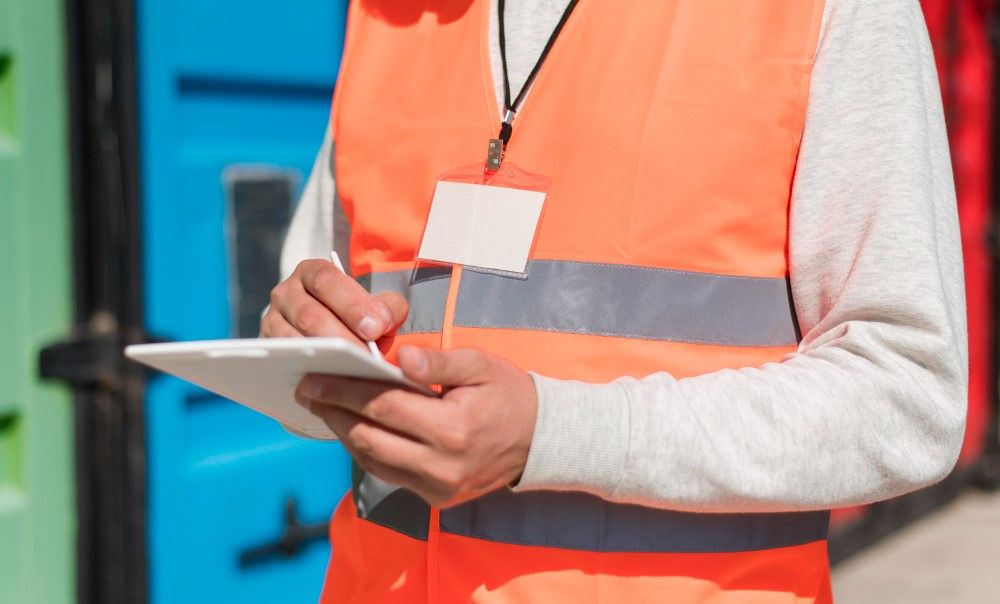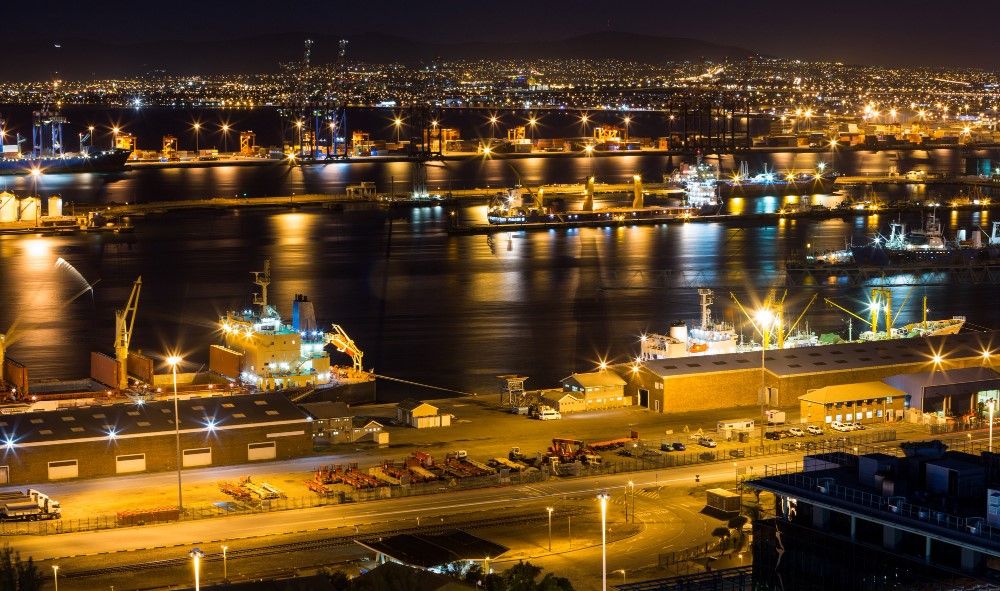How Illicit Trade is Circumventing Russia’s Arms Embargo
Is a new approach required for Russia’s trade sanctions?

One of the West’s first moves following Putin’s invasion of Ukraine was to impose strict trade sanctions on Russia. These included restrictions on Russia’s ability to export raw materials, such as gas and oil, industrial chemicals, and metal ores. But it also limited other countries right to export weapons, military hardware, or the technical components and supplies needed to make or repair new weapons or ammunition.
Now a recent study into the effectiveness of those sanctions has found that they are widely circumvented and are having little impact in preventing Russia from rebuilding its forces.

The analysis, conducted by the Kyiv School of Economics found that, “Russian imports of battlefield equipment have surged since mid-2022, and are now only 2% below the levels recorded before the military aggression in Ukraine.”
It is a finding supported by the Brussels-based Bruegel think tank, which found that, “In 2023 alone, Putin's regime acquired $12.5 billion's worth of battlefield goods, 40% of which were produced by companies based in locations - including Australia, Canada, EU, Japan, Taiwan and US - where export controls are supposedly in force.”
This is in direct contrast to the situation immediately following the invasion when exports from western countries to Russia fell by 90%. Even when trade from China was boosted by Moscow’s treaty with Beijing, it is estimated that Russia was receiving only a little more than half of the supplies, weaponry, raw materials, and components its armed forces required.

“Russia and China found ways of getting around these sanctions and finding new distribution ways, or new countries through which it can import these goods,” explains Guntram Wolff, a senior fellow at the Bruegel and a co-author of the report.
To prevent the continued avoidance of sanctions, a policy analysis group from the Kyiv School of Economics recommends the following changes:
· Improving corporate responsibility. Since it is hard to track an item's physical location and stop any illegal activity once it is sold, the first sale of an item to a distributor is where any supply chain management must start. Enforcement authorities must show that they are prepared and able to look into the trade of prohibited commodities and to issue significant fines for export control violations in order to encourage corporations to put up compliance systems.
· Closing policy gaps in export controls. The Russia export controls regime still has a number of serious anomalies that make it difficult to enforce and includes gaps which encourage circumvention. Restrictions need to be harmonized across all participating countries to ensure consistency, this includes areas such as licensing procedures, criminalization of sanctions violations, and negligence provisions.
· A renewed focus on sanction busting by third countries. Only by addressing the role of third-country intermediaries in places such as Türkiye, China, and the UAE, can export controls be taken seriously. This can be achieved only by punishing or restricting the businesses and people who are taking advantage of the sanctions and preventing illicit sales.
· Boost funding and cooperation between enforcing institutions. The international arms sales market is a broad and complex place. Only by strengthening the agencies which are regulating this trade can they hope to keep track of the situation. Improved cooperation between these agencies is also essential if the sanctions are to be effective.
Now the report has found that other countries have become involved in keeping Russia’s military supplied, with Hong Kong, Türkiye, and the United Arab Emirates all involved in evading Western sanctions. At the same time, other countries, such as Armenia, Georgia, Kazakhstan, and the Kyrgyz Republic saw a sudden spike in imports from the EU as markets reacted to the sudden changes and as countries close to Russia began to upgrade their own defences.

A further study carried out by the Ukrainian Agency on Corruption Prevention looked at the components used in Russian weapons and ammunition that were captured or partially destroyed at the front line. This found that, “95% of all foreign parts in Russian weapons came from manufacturers from the countries imposing sanctions on Russia, with 72% coming from US companies alone.”
These trade flows demonstrate that Russia is unable to find suitable alternatives to high-tech Western products, but they also demonstrate that export restrictions are not stopping vital technology from reaching the Kremlin.
“If you were to really be able to restrict Russia's access to this kind of stuff, then in fact it would have an effect on the weapon production capacity of Russia,” notes Wolff.
“Banks, fundamentally, have access to much of the information needed to trace the trade in export-controlled goods – and the experience and resources to use it,” the Bruegel report suggests, noting the banking community’s previous success in preventing the funding of terrorist groups.
However, in the situation of an embargo on an entire country, many banks are insisting that enforcement is too complicated to be effective.
“Regulators need to understand that identifying such cases is akin to finding the needle in the haystack and that there are no systematic approaches to achieve this,” explained a spokesperson for the European Banking Federation.
However, with sanctions forming a major part of the ongoing war of attrition, it seems unlikely that Ukraine can win without proper intervention.

For a long-standing peace to be achieved, a concerted and renewed effort must be made to prevent Russia from re-arming. A policy that would not only help protect Ukraine, but one that would also boost the EU’s wider global standing.
"You put up a sanctions regime that works half a year and then it stops working,” observes Wolff. “That undermines your credibility also relative to possible future conflicts.”
If sanctions are ever again to be seen as an effective deterrent, then the West must get its act together and ensure that the embargoes in place against Moscow are properly enforced.
Photo credit: Freepik, Nara, Freepik, & User6702303, Wavebreak_media

